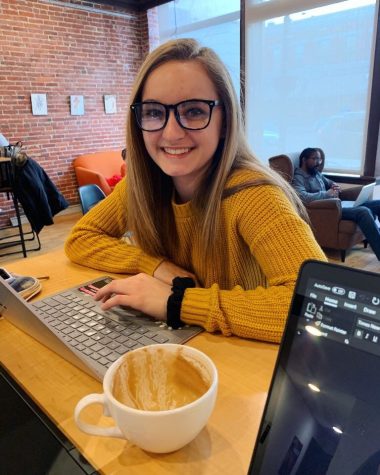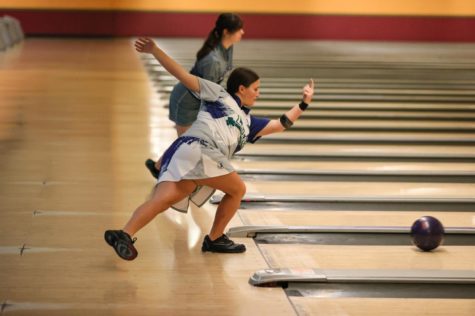PSAC partners for student-athlete mental health
September 16, 2020
With the Pennsylvania State Athletic Conference (PSAC) fall season being suspended, student athletes are being faced with the unique challenge of coping with the stress and mental health issues that can come as result of losing an experience that is so valued. For many, participation in sports is much more than a hobby, but rather a way to escape from the anxiety, tension and pressure of college life.
To help students navigate this difficult time, the PSAC has announced a partnership with “Beautifully Simply You,” a mental health pro-gram designed by mental health advocate and former Division II athlete Ivy Watts.
“I started Beautifully Simply You to be completely vulnerable and transparent in the telling of my story of my struggle with anxiety, depression and suicidal thoughts and how I have grown to love myself in order to help others tell their own story,” said Watts. “After finally being able to get help through therapy, and finally see that seeking help was not a sign of weakness, I wanted to help others to feel less alone in their struggle. I never want someone to feel like they have to hide behind a smile, like I did for so many years.”
Now that Watts is Mental Health First Aid Certified, she uses her knowledge and first-hand experience to inform students and administrators about mental wellness practices. Her message of empowerment has reached more than 8,000 students and 3,000 administrators so far.
“It’s been a really beautiful journey to help others to learn to work through their mental health struggles with the tools that I provide to them, and ultimately to help them begin their journey to self-love,” said Watts. “I write blog posts every week, to continuously stay open about any struggles that I go through, to remind others that although mental health recovery is possible, it is not a linear experience, and I still struggle sometimes. I also speak to students and student-athletes, coaches, parents, and administrators about my own struggle, and empower them to practice mental wellness.”
Knowing that this is a difficult time for student athletes to deal with the loss of their season, Watts created the COVID-19 Mental Health Support Modules to help students navigate their changing identities and circumstances.
“Imagine training for your entire life, get-ting ready to play in a championship game, or getting ready for your last season as a collegiate athlete, and being told to go home, and that you could not participate in your sport, indefinitely,” said Watts. “For so many athletes, their sport is all they know about themselves. Un-fortunately, a lot of athletes, myself including, struggle with a loss of identity, and depression, when their collegiate career is over. Many athletes know this transition is coming at the end of college. But with COVID, that transition came suddenly and with a lot of emotions.”
With resources such as videos, reading content and downloadable activities, she helps students to create a mental health toolkit that can be used during this difficult time. Module topics include self-care techniques, motivation, leadership, the power of positivity and finding your identity outside of athletics.
She encourages students to use this time to develop their identity outside of their sport through participation in other activities that bring them joy and add value to their life. This can be anything from art to caring for animals.
“The idea that if a student-athlete can work on their mental wellness now, to help them build a stronger foundation to reach their goals, can help to ease some of the fears they may be having about their sport,” Watts said.
The modules are not just for those who are currently struggling, but they can also be pro-active. Finding out what self-care techniques are most beneficial for students allows them to be better prepared for inevitable challenges in the future.
“I think these modules are a great way for students, no matter where they are on their journey, to begin to love, accept and celebrate themselves, and remember that their story, no matter how big or how small it may seem, is valid, and that who they are in this moment, is more than enough,” said Watts.
In addition to these resources, Watts also strives to break the stigma around mental health. By sharing her own stories she hopes to encourage others to seek help and to under-stand that they are not alone.
“As we continue to share our stories with others, it becomes a domino effect, and then together, we can make a difference, in showing people that speaking up about what you are going through does not show weakness, but instead it shows so much strength, because you decided you wanted more for yourself, and that you couldn’t do it alone,” said Watts.
Student-athletes interested in the module resources can reach out to their coaches for more info.











